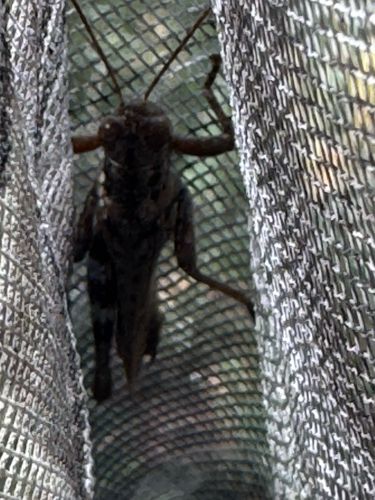Stonefly
Scientific Name: Plecoptera
Order & Family: Order: Plecoptera, Family: Varies (e.g., Perlidae, Nemouridae)
Size: Typically 0.5 to 5 cm (0.2 to 2 inches) in length, depending on the species.

Natural Habitat
Nymphs live in clean, well-oxygenated freshwater, typically under rocks or debris in streams and rivers. Adults are often found near these aquatic environments.
Diet & Feeding
Nymphs are primarily herbivores (feeding on algae and detritus) or predators (feeding on smaller aquatic insects). Adult stoneflies generally do not feed or feed on algae/lichens.
Behavior Patterns
Nymphs are aquatic and undergo incomplete metamorphosis, shedding their exoskeleton multiple times. Adults are short-lived, often existing only for a few days to a few weeks, primarily for reproduction. They are typically weak fliers and nocturnal.
Risks & Benefits
Stoneflies are important bioindicators of water quality, as their presence indicates clean, unpolluted water. They are a significant food source for fish and other aquatic organisms. There are no known risks to humans.
Identified on: 11/15/2025